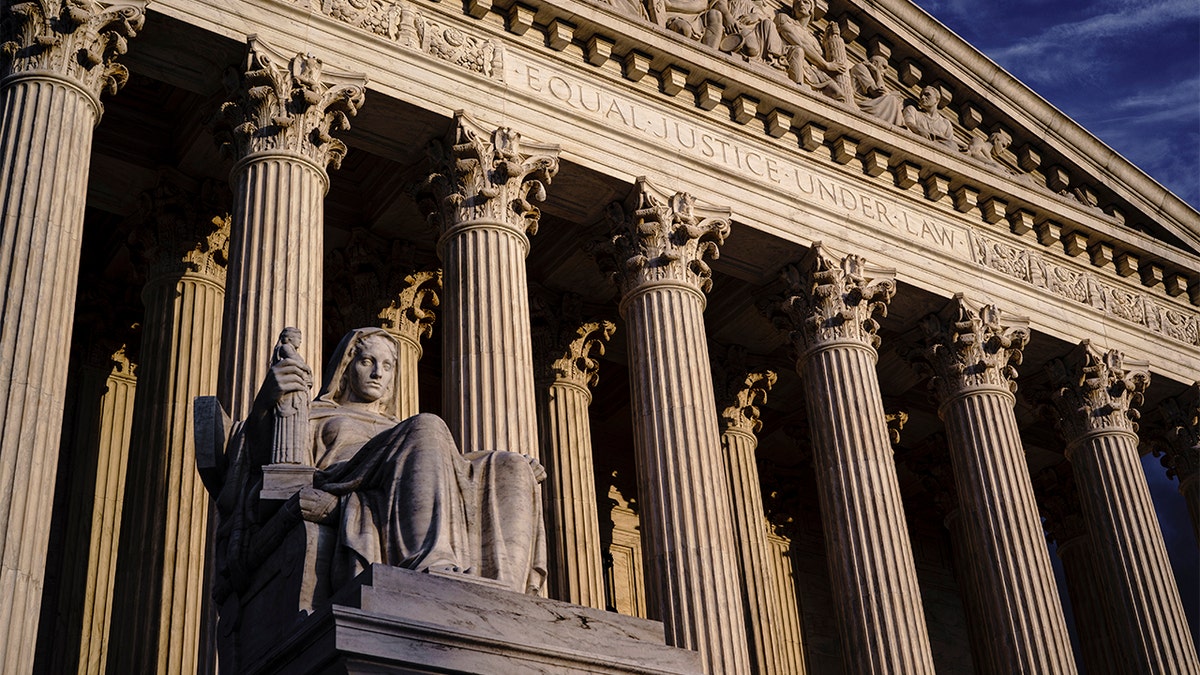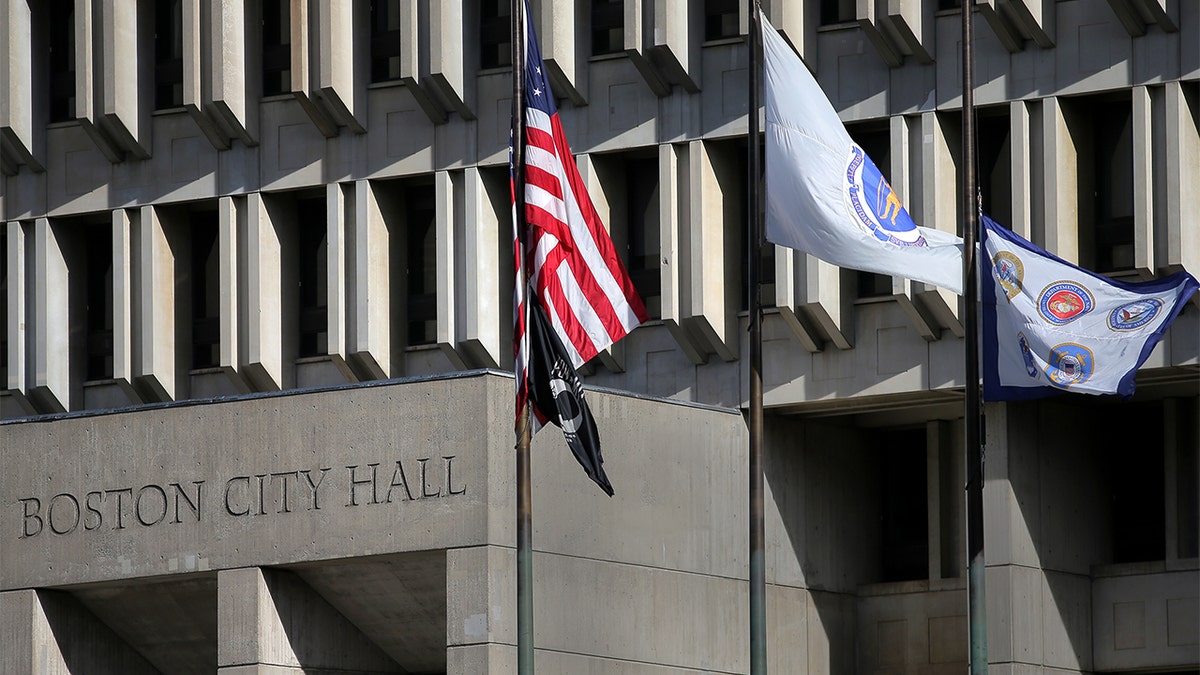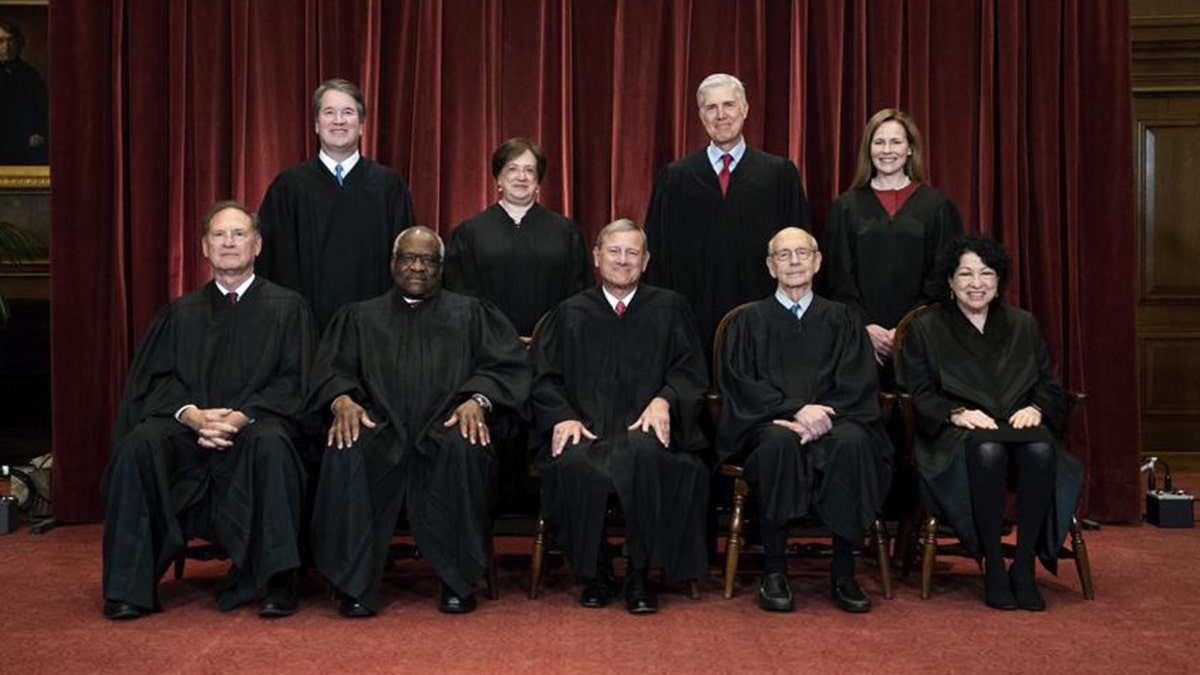Fox News Flash top headlines for January 18
Fox News Flash top headlines are here. Check out what's clicking on Foxnews.com.
The Supreme Court on Wednesday heard arguments in a case where the city of Boston rejected the application for a Christian flag to be flown outside city hall.
Justices and both sides of the case agreed that it all comes down to whether the city's program of flying flags of third parties is private speech delivered in a public forum, or government speech.
"If it’s a public forum, the city acknowledges it has no basis to exclude," Boston’s attorney Douglas Harry Hallward-Driemeier told the court.
The city, looking to celebrate its diversity, allows outside groups to apply to have flags flown, typically those of foreign countries or those commemorating holidays. The flag at issue in Wednesday’s case belonged to Camp Constitution, which was founded by Harold Shurtleff and, according to their website, aims "to enhance understanding of our Judeo-Christian moral heritage, our American heritage of courage and ingenuity, including the genius of our United States Constitution, and the application of free enterprise." The flag’s design includes a cross.

(AP Photo/J. Scott Applewhite, File)
Attorney Mathew Staver, representing Shurtleff, argued that the city's policy specifically used the phrase "public forum," which would indicate that the flags would be an expression of the private speech of the group that applied. Denying the application for describing the Christian flag, he argued, is "clearly viewpoint discrimination" that violates the First Amendment right to free speech.
One factor that the justices discussed in sorting out whether the flags were private or government speech is how a casual observer would interpret it. Justice Stephen Breyer pointed out that the flagpole is situated outside city hall alongside the state flag and the U.S. flag.
"Of course you’re going to think it has something to do with the city," Breyer said.
Justice Samuel Alito, on the other hand, noted that the flagpole has flown flags for Cuba and the People's Republic of China, which should not appear to represent the city government.
BIDEN'S CONSECUTIVE LOSSES AT THE SUPREME COURT
Hallward-Driemeier, however, noted that the city’s website says "we" commemorate flags of many countries and "our goal is to foster diversity," which would indicate that it is the city’s decision to fly the flags in order to promote its own message.

Flags fly above Boston City Hall on Nov. 11, 2021. (Lane Turner/The Boston Globe via Getty Images)
Justice Neil Gorsuch, however, viewed the case differently, pointing out that the city commissioner who rejected the flag application did so because he believed there was an issue of separation of church and state.
"And if that's mistaken, and if we all agree that that’s mistaken, and that was the basis on which the city's application decision was made, what's left to decide?" Gorsuch asked.

Seated from left are Associate Justice Samuel Alito, Associate Justice Clarence Thomas, Chief Justice John Roberts, Associate Justice Stephen Breyer and Associate Justice Sonia Sotomayor. Standing from left are Associate Justice Brett Kavanaugh, Associate Justice Elena Kagan, Associate Justice Neil Gorsuch and Associate Justice Amy Coney Barrett. (Erin Schaff/The New York Times via AP, Pool, File
After Justice Amy Coney Barrett noted that the flag was supposed to be for Constitution Day, Hallward-Driemeier admitted that it would have been permitted if it had been presented in that context and not as a Christian flag.
CLICK HERE TO GET THE FOX NEWS APP
Justice Elena Kagan seemed to agree with Gorsuch, stating her belief that "it's hard not to think of it as a public forum" and that the case comes down to a "mistake."
"You know, a city could not put a cross, in my view, on city hall," she said. "But in the context of a system where flags go up, flags go down, different people have different kinds of flags, then it is a violation of the free speech part of the First Amendment and not an Establishment Clause violation. The end."















































